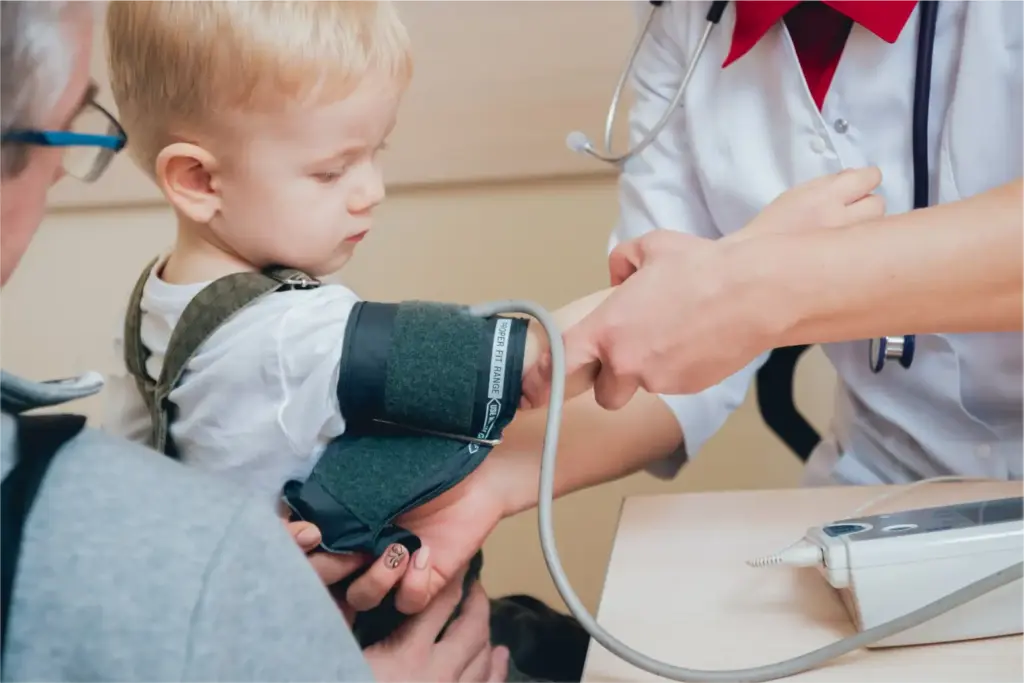
Childhood blood pressure: Children who have elevated blood pressure at age seven may face a substantially higher risk of dying from cardiovascular disease by their mid-50s, according to research presented this week at the American Heart Association’s Hypertension Scientific Sessions 2025 and published in JAMA. The findings renew calls for routine blood-pressure screening in childhood and for building heart-healthy habits early.
The study analyzed data from roughly 38,000 boys and girls born to mothers enrolled in the US Collaborative Perinatal Project (CPP) between 1959 and 1966. Investigators linked childhood measures to mortality records and followed participants into their sixth decade of life. By 2016, a total of 2,837 deaths had been recorded, including 504 attributed to cardiovascular causes such as coronary heart disease and stroke.
Also Read | What’s the best time to take your blood pressure medication?
Lead author Alexa Freedman, an assistant professor at Northwestern University Feinberg School of Medicine, said the signal was clear: “Having hypertension or elevated blood pressure as a child may increase the risk of death by 40 to 50 percent over the next five decades of an individual’s life.” In their paper, the authors summarized: “In a large sample of US children born between 1959 and 1966, higher BP at age seven was associated with greater risk of premature cardiovascular mortality.”
Experts say the work adds important long-term evidence to a field where guidance has often relied on shorter follow-ups or adult data extrapolated backward.
Researchers also noted that childhood BP tracks over time: children with higher readings are more likely to become adults with hypertension, artery stiffening, and other risk factors. The authors argue that catching elevated BP before adolescence offers a window to change that trajectory. “Our results highlight the importance of screening for blood pressure in childhood,” Freedman said, “and focusing on strategies to promote optimal cardiovascular health beginning in childhood.”








